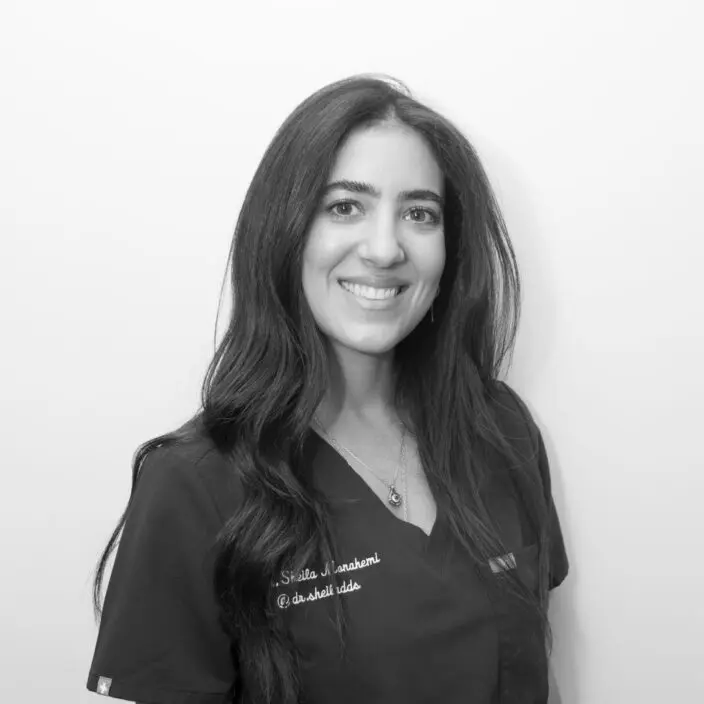Pregnancy Terms
During the 1st trimester, it is not advisable to place veneers unless there is an urgent need. This is the period when fetal development begins. By the 2nd trimester, the placenta has formed and provides reliable protection for the fetus. This is the safest time for dental procedures. Veneer placement should not be performed at the end of the 3rd trimester, as procedures related to it can trigger premature labor. It is essential for the patient to inform the dentist about the stage of her pregnancy.Diagnostic Procedures
A computerized tomography scan is a mandatory step in the process. It is essential for identifying potential defects, such as:- Dental decay deposits: The tooth may deteriorate underneath the veneer.
- Gum diseases: If not detected and treated, the gums might become inflamed after veneer placement.
Local Anesthesia
Local anesthesia is essential during the tooth preparation for veneers to provide pain relief and alleviate discomfort. Local anesthesia is safe for the baby’s development. However, anesthetics should not contain adrenaline, as it can raise blood pressure and adversely affect uterine tone.Stress
During pregnancy, it’s essential to minimize any stress that could negatively affect the baby’s development. Sounds associated with dental procedures can be stress-inducing. The placement of veneers may require two or three visits to the dentist. Do you experience anxiety being in the dentist’s chair? Can you comfortably lie on your back for an extended period? Will it be challenging for you to endure multiple dental appointments? If you’re experiencing significant distress, it’s better to have the veneers placed after giving birth.Schedule an appointment with one of our dentists! After the examination and consultation, it will become clear how feasible it is to have veneers placed in your clinical case.




